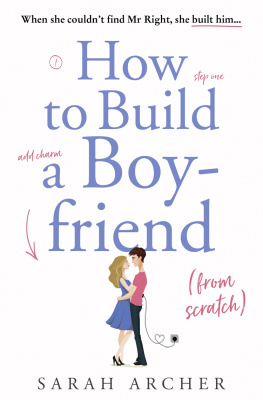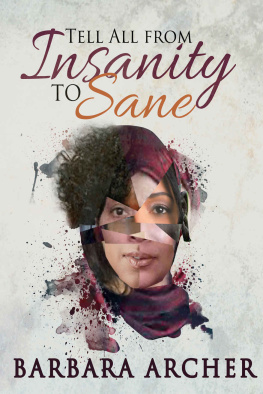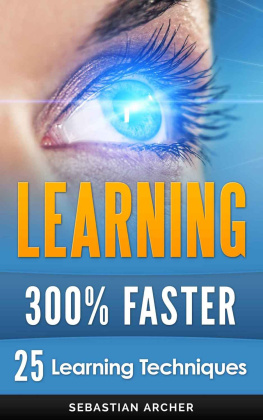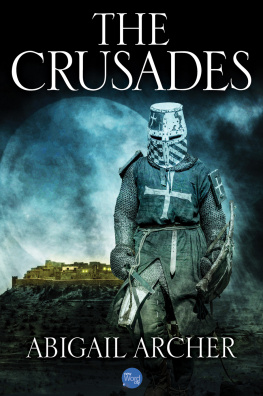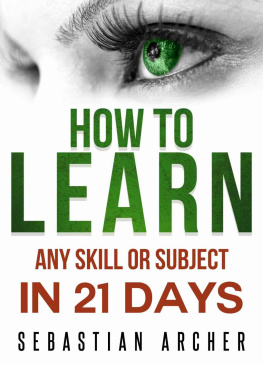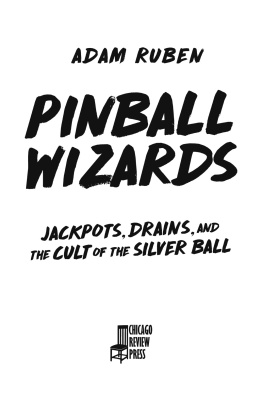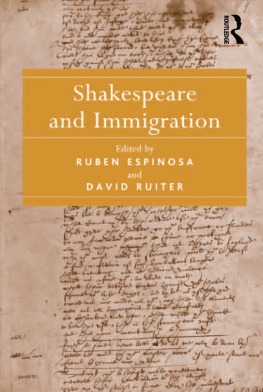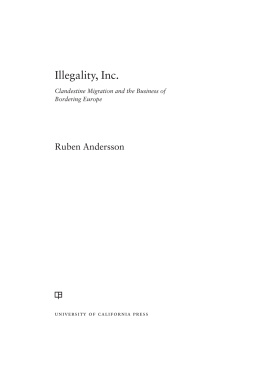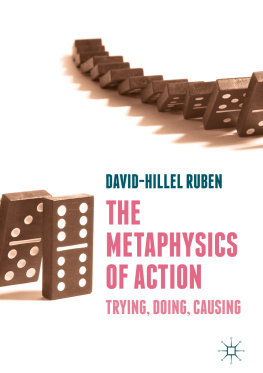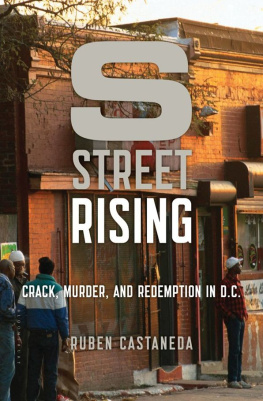Everyday History
By Alice Archer
Headstrong Ruben Harper has yet to meet an obstacle he cant convert to a speed bump. Hes used to getting what he wants from girls, but when he develops a fascination for a man, his wooing skills require an upgrade. After months of persuasion, he scores a dinner date with Henry Normand that morphs into an intense weekend. The unexpected depth of their connection scares Ruben into fleeing.
Shy, cautious Henry, Rubens former high school history teacher, suspects he needs a wake-up call, and Ruben appears to be his siren. But when Ruben bolts, Henry is left struggling to find closure. Inspired by his conversations with Ruben, Henry begins to write articles about the memories stored in everyday objects. The articles seduce Ruben with details from their weekend together and trigger feelings too strong to avoid. As Henrys snowballing fame takes him out of town and further out of touch, Ruben stretches to close the gaps that separate them.
For everyone who dares to love in truth.
Thank you for inspiring me to do the same.
Consciously, we teach what we know;
unconsciously, we teach who we are.
D. Hamachek
Part I | The Year
The Historian | Retreat
The Explorer | Approach
The Historian | Retreat
AUTUMN | BOSTON
EVERY FALL I begin the first class of the school year the same way. Im not fool enough to think the students entering the Boston Museum of Historys internship programhigh school seniors selected for their drive and intelligencewont want to test me. So I offer them a challenge. They always leap, assuming theyll win. They wont. Not the way they expect to.
My glasses and bald head, the way I dressin tweed vests and ironed shirts, like a stereotype of a museum curatorwork in my favor, keep me from being a threat. I stand behind my desk, hands clasped at the small of my back, suppressing a smile as the students enter the classroom for the first time, stealing looks at me, loud and boisterous to cover their nerves. They goof around, point at the unusual art Ive packed into the room, and peer into the empty inkwells built into the tops of the old desks.
I want to smile because I know something they dont, something they think they already know. Theyre here because they think history is interesting. But I can make them fall so in love with history that the way they see themselves will shift forever.
Starting today.
Then he walks into the room with his arm around a beautiful girl.
His exuberance is incandescent. He doesnt simply enter the classroom, he radiates into it, vibrant with life, as though fueled by an energy source of pure dazzle.
His effect on his classmates is instantaneous. Girls shamelessly bat their eyelashes at him. Boys jostle and joke. They slap him on the back, vying for his friendship. At least one of the boys bats his eyelashes, but he doesnt seem to notice.
At first I think hes going to be a disciplinary problem, but hes the opposite. He holds out a desk chair for a pretty girl with red hair and then brings the other students into line by cajoling them into settling down and paying attention.
I blink, give myself a mental shake, and get down to business, starting with roll call.
His name is Ruben Harper.
I SPEND the first ten minutes of class capturing their interest by sharing my genuine aversion to modern contraptions and answering their incredulous questions, shaking my head as they call out the names of things I dont know about and dont want to learn how to usetheir beloved cell phones and computer programs and video games and fancy calculators. My unconcealed ignorance eventually stuns them to silence. And then I introduce the challenge.
No way can you beat us on that thing, Mr. Normand, one of the boys scoffs when I propose a contest between their calculators and an abacus. I hold up my most daunting abacus, the wide one with ornate scenes painted on the red-stained wood of the frame.
Well see, I say with a casual shrug, like I have nothing to worry about. Then I make them wait for an hour, using the gift of their piqued interest to regale them with awe-inspiring aspects of the history of the calculator, including a brief demonstration of the slide rule. By the time Ive made sure everyone in the class can do basic multiplication using the slide rules I passed around, theyre obsessing over the clock, whining to get started with the contest.
Okay. Who wants to be our impartial tester and referee? I ask the class. A girl in the front row raises her hand first. Sarah, right? She nods. Bring your calculator. I wave her up front to a freestanding easel with a large pad of paper on it and hand her a fat felt pen.
Now do you all agree that it will be a fair contest if Sarah thinks up what to ask us and determines the winner?
I get nods and grins from the students, and Ruben says, Come on, man. Lets go. My trigger fingers itchy, which makes everyone laugh.
A few ground rules, I say. Sarah will write problems on the page in secret. Sarah takes the hint and turns the easel around so she can write without us seeing. The problems can include addition, subtraction, multiplication, division, and combinations of any or all of those. When shes ready, shell turn the easel around. As soon as you have the answer, raise both hands in the air. Sarah will judge the winner. If theres a tie, well do a rematch. Okay? I look around the room and all I see are smug, eager faces. With the abacus on the desk in front of me, I nod to Sarah to begin.
Ruben comes closest to beating me. Closest, but I still wallop him in a conclusive, best-eleven-out-of-twenty challenge. By the time Ive won the first nine matches in a row, the class is teasing Ruben for his determination to think he has a chance. Theyre also looking at me differently, as I knew they would.
Ruben is gracious in defeat. He stands up from his desk and walks to the front of the class, where he bows his head and presents his slain calculator to me on the palm of his outstretched hand.
Its obvious that he loves the attention.
OVER THE next weeks, I catalog Rubens effect on the people around him. Hes not a selfish god. He acknowledges the attention of his classmates without overtly encouraging it, is carefully platonic, except with whatever girl hes dating, rarely initiates physical contact, and spreads his attention evenlysurvival techniques probably already long practiced by the time he showed up in my class.
Hes good-looking enough, but his beauty is in his energy. The wavy, dark brown hair that curls into his collar, his tall, solid frame, and his wardrobe are all only average. But the force field of his laser-focused attention, his contagious curiosity, his fluid movements, and the pure strength of his purpose are something else entirely.
I duly note the effect he has on the people around him, and then I use my observations of Ruben and his classmates to inform my lesson plans, to assist my reach for words and ideas that will capture their interest and motivate them toward an appreciation of history. Im a teacher. I do what I do best.
Im also human.
Over the progression of weeks and months, I succeed in dampening my reaction to Ruben. By early December Ive grown accustomed enough to the discomfort to consider the issue resolved and reward myself with occasional self-chiding chuckles for having been a fool.
I behave impeccably, responsibly, irreproachably.
I behave so impeccably that Im unaware of the escalating threat until its too late.
When I notice the look, that look, on Rubens face, that spark in his brown eyes, I have to fight to keep from turning around to see whos behind me. I know no ones behind me. The absurdity of that look being directed at me makes me laugh out loud. I turn the laugh into a joke about the next topic of my lecture and carry on.
Next page

